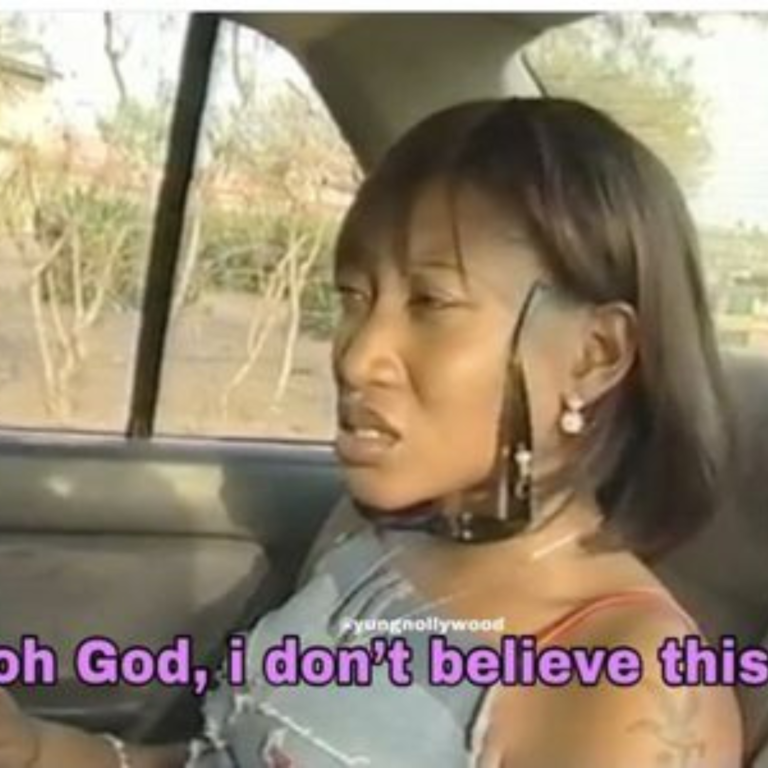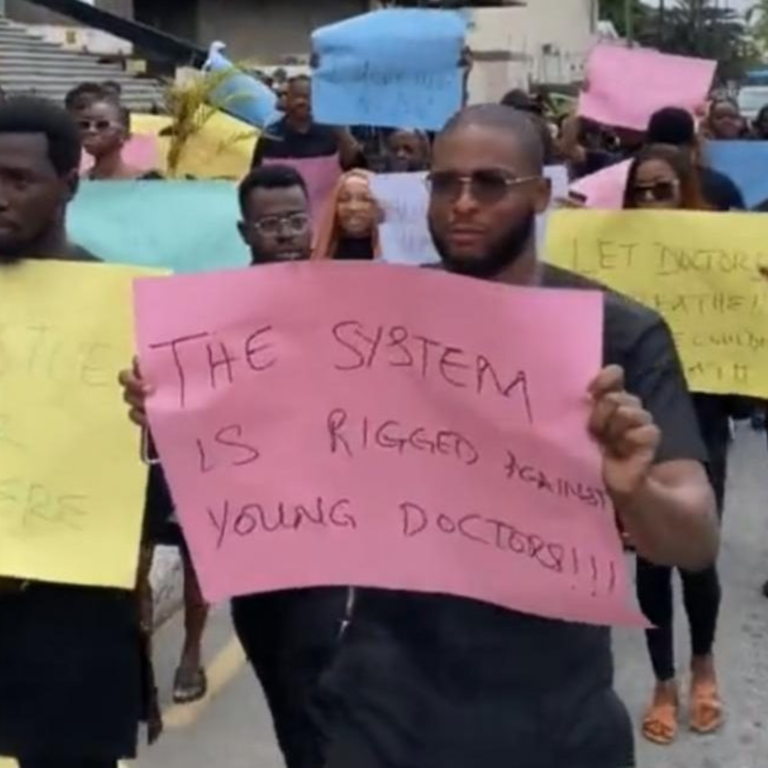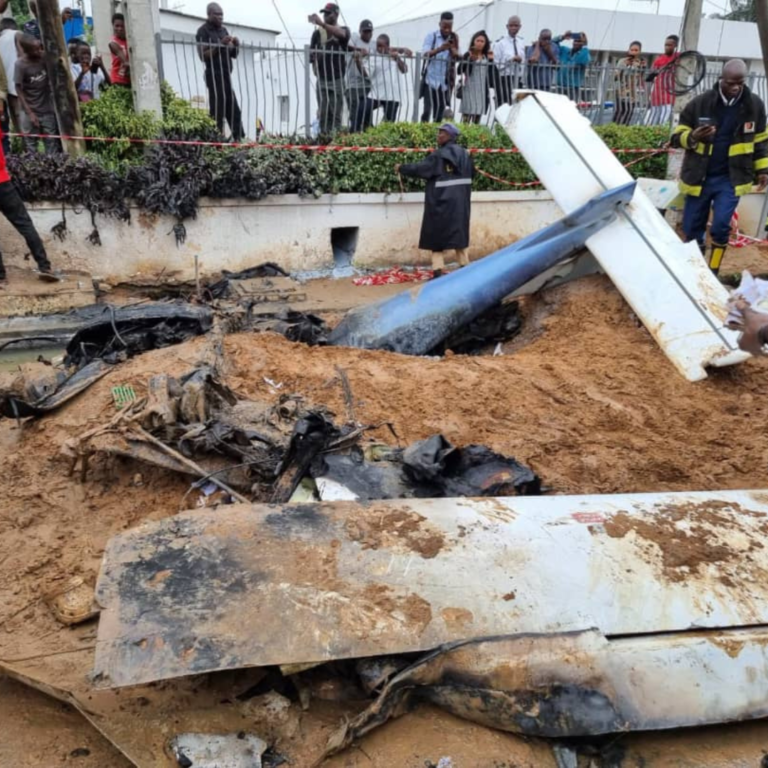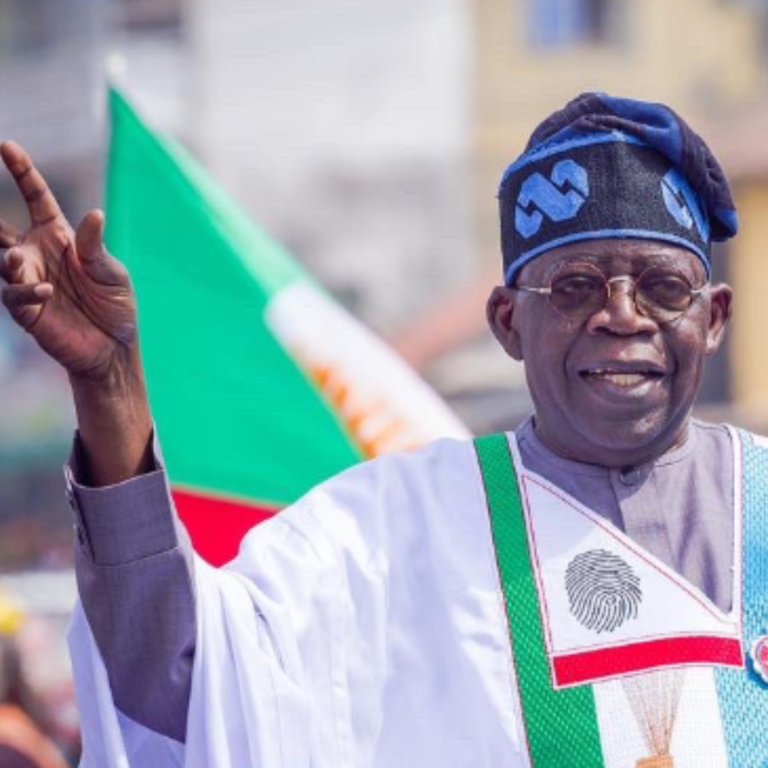For the 2023 elections, the Independent National Electoral Commission (INEC) has announced that there are 94 million eligible voters, an 11.3% increase from the elections held in 2019. This means that Nigerians are getting more voter educated and now understand better the need to exercise their rights to vote.
However, there’s still a need to emphasise that beyond getting registered, it’s even more important to turn up on election day to cast your vote for your candidate.
Over the years, we’ve experienced a decrease in voter turnout. In the 2011 elections, out of 73.5 million registered voters, only 53.7%, i.e. 39.4 million people, came out to vote.
In the next election year, 2015, 67.4 million registered to vote, but only 43.7%, 31.7 million people voted.
2019 recorded the lowest voter turnout in Nigeria’s history since democracy at 34.5%. Out of 82.3 million registered voters, only 26.5 million people voted.
So, what were the reasons behind the declining voter turnout through the years?
Voter Apathy
Voter apathy is a problem Nigeria has been battling for years now. This is partly due to citizens’ mistrust of the electoral system and elected officials’ failure to meet expectations. This discourages people from voting as they believe that their votes would count for little, and in the end, nothing ever really changes.
Insecurity
For months now, INEC offices have faced attacks around the country. Also, many politicians sadly and wrongly believe that elections are a do-or-die affair. Thus, sometimes, thugs are employed to disrupt the voting process. This only increases the tensions among voters and consequently leads to low voter turnout.
Unfortunately, our persistent problem of low voter turnout has adverse effects on the country. Let’s break this down:
It results in wasted resources
The federal government has spent a total of ₦444.5 billion for the past three elections. However, due to the low turnout during elections, over ₦255 billion was wasted. Every four years, INEC submits a budget for elections that covers the cost of logistics and provision of electoral materials, but it ends up being for nothing if nobody shows up to vote.
It directly influences the outcome of elections
In an election, a winner is declared based on the majority vote. But in a scenario where only 35% of citizens come out to vote, the election itself might be flawed. We should understand that these elections determine the quality of our lives for the next four years. So everyone would use the power in their hands to ensure the best possible candidate comes out victorious.




